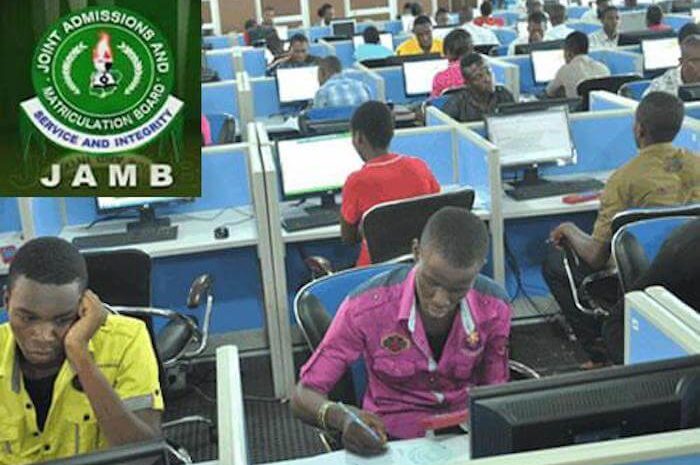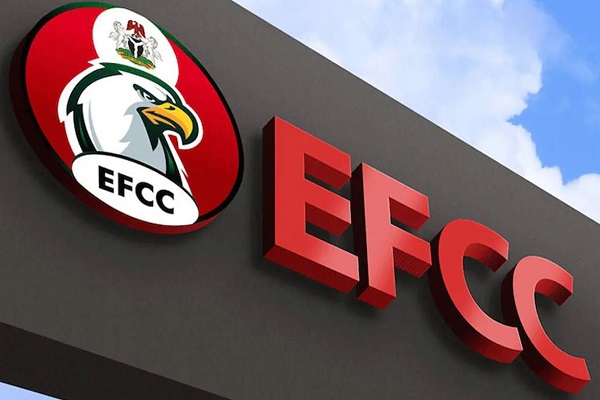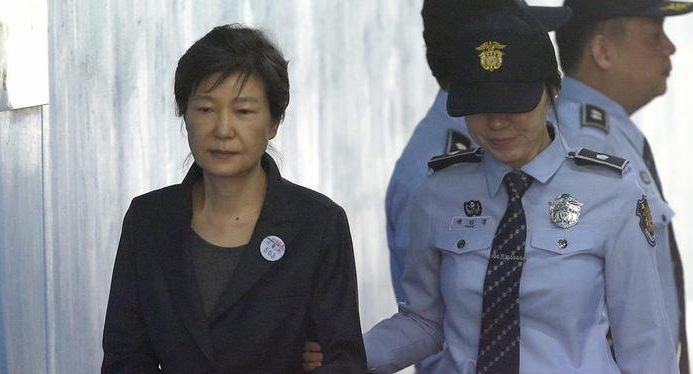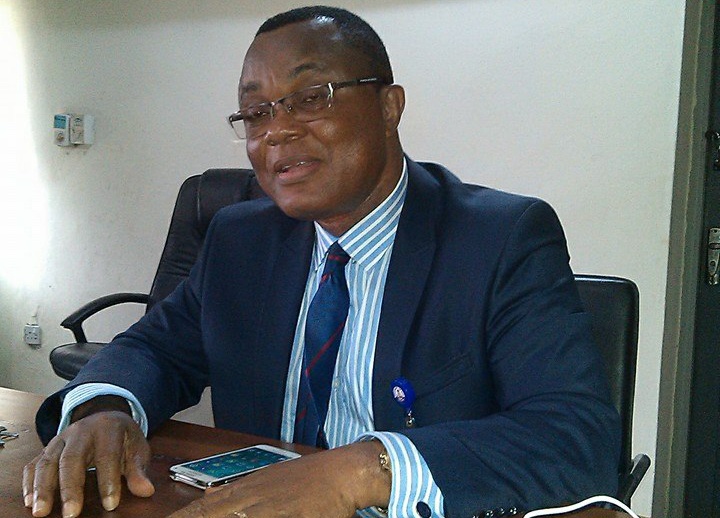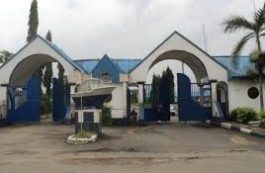Hawking is a noble profession so do not stop your ward from following their passion. It took Victor Efosa Uwaifo to fame. Victor Osimhen became one of the richest African footballers after walking up and down the streets of Lagos.
Uwaifo was a Prince through his mother who came from the Idusogie Royal family. His dad was one of the regular faces at the palace of the Oba of Benin. The man who was well to do by all standards was shocked to discover that his son was a hawker.
Running from one part of Benin to the other moulded young Victor into sports. At 10 in 1951, the boy watched the famous Amukpe Eleven of Warri lose 1-0 to Benin. In goal for the visitors was an Irish gentleman, Rev. Father Carr.
A year earlier, a Bini man, B.A.A. Goubadia was one of the nine that represented Nigeria at the Auckland ’50 Commonwealth Games. He took part in the High Jump event. Another Nigerian High Jumper, Josiah Majekodunmi won silver, the country’s first Commonwealth medal.
At the Helsinki ’52 Olympic Games, Nafiu Bello Osagie, from Benin, was there in the High Jump. In 1954, Nigeria struck a first Commonwealth gold medal. It came in the High Jump through Emmanuel Ifeajuna. Osagie won bronze.
All these High Jump stories must have influenced Uwaifo. He took to the event at Western Boys High School, Benin. At that time he was also doing wonders with the guitar. Proceeds from hawking where he became friends with another popular street hawker, Gabriel Igbinedion, bought a guitar.
Uwaifo’s first guitar was self made, with bicycle spoke and wood. Then he plucked enough money to purchase a conventional guitar.
Lagos was also an attraction because Uwaifo wanted to excel outside his immediate environment. He changed to St. Gregory’s College, a Roman Catholic Mission school, full of Irish Fathers like goalkeeper, Rev. Carr.
St. Gregory’s excelled in sports. It was the the school of Rafiu Oluwa, the sprinter who represented Nigeria at the Helsinki ’52 Olympics. The first brothers to play for the Nigerian national soccer team, Pius and Alex Quist, were Gregorians. They hailed from the Gold Coast.
It was in Lagos that Uwaifo attracted attention. One of his contemporaries, Jay Omoighe took to Facebook. ” While in school, I knew him as a high jumper. Later, I found out he could play guitar, and a great one. I’ll really miss him. He was a great personality,” Omoighe wrote.
According to Omoighe, Uwaifo finished second in the High Jump event of the 1961National Athletics Championships behind one Njoku. In third position was Omoighe himself.
At St. Greg’s, Uwaifo did not drop his guitar. He found a partner in Segun Bucknor. Both became popular school boy musicians. Their footsteps were followed much later by Melvin Ukachi, Paul Alade, Dapo Olumide, Mike Meme and Felix Ijeh who formed the popular group, Ofege in the 1970s.
Lagos brought more exposure. Sports took the back seat as Uwaifo moved from E.C. Arinze to Osita Osadebe and then to Victor Olaiya. From there he gained Independence. Education was key. The musician enrolled at the Yaba College of Technology to study Graphics.
A job at the Nigerian Broadcasting Service changed everything. Uwaifo worked at the television station near the Lagos Bar Beach. One evening , away from duty and in relaxation at the beach, a mermaid appeared from the ocean.
Uwaifo was in a deep blue funk. The mermaid, which is Mammy Water in Naija lingo, asked him to calm down. She called him ‘Guitar Boy’ and assured that he would go places. After that encounter, it was Victory all over.
The musician came out with ‘ Joromi’. It was a blend of sports and music. Ijioromi in Benin folklore, was a champion wrestler who, unable to meet equals on earth decided to visit the land of the dead in search of an opponent.
His elder sister, Ekpofi advised against that adventure. Joromi did not heed. Fearing that Ugbogiorinmwin, head of the spirits, would destroy her brother, Ekpofi, who also had magical powers followed the stubborn man.
Many in Benin believe Ijioromi did not return from that trip. Those with a third eye knew that he did because Ekpofi ensured that no harm befell him. However, after that visit, the wrestler confined himself to his home, unable to display bragging rights.
READ ALSO: Makurdi NBA Presents Copies Of Summarised Version of Human Right Laws To Police To Check Abuse
Joromi won a gold disc for the musician in 1965. Uwaifo thus became the first African to win a Platinum. Guitar Boy also made History in the Gold Coast which became Ghana from 1957.
In 1967, Lt. Samuel Arthur organised that country’s second military coup. Lt. Gen. Emmanuel Kotoka was killed at the Accra Airport. The plot was codenamed ‘Operation Guitar’ Boy. It failed.
Head of State, Gen. Joseph Arthur Ankrah banned the track in Ghana and renamed the airport Kotoka International Airport. Uwaifo remained calm in Nigeria. In a matter of months, Arthur Nzeribe led Ankrah to disgrace after both men duped Ghanaians with a fake popularity poll.
And maybe, because Guitar Boy is supposed to be for entertainment, coup plotting destroyed two famous High Jumpers. Ifeajuna was executed in Biafran in 1967. The first Ghanaian to win a Commonwealth Games medal, a bronze at Cardiff ’58, Ebenezer (Robert) Kotei was executed by Jerry Rawlings boys in 1979.
Uwaifo died recently at 80. He had become a Professor, State Commissioner, business man, journalist, name it. He remained a sportsman. An old boy of Western Boys, Nnamdi Asomugha said Uwaifo came back to beat everyone in High Jump at the schools Inter House competitions up till 1980.


